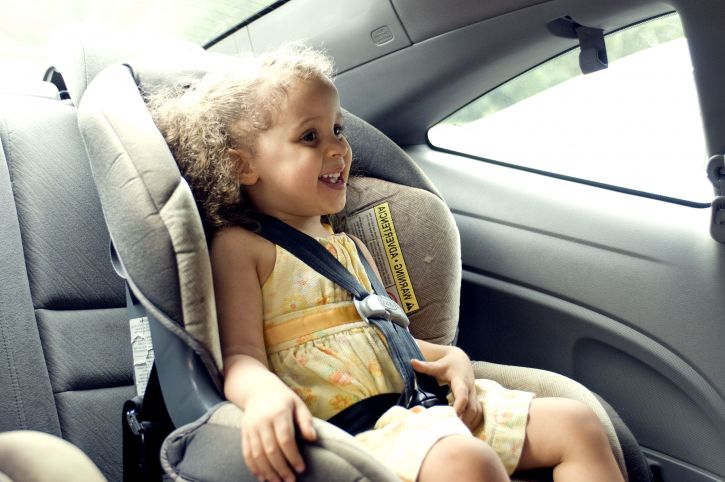The National Crisis Centre has published a new version of the guidelines regarding the measures that were taken to prevent the further spread of the new coronavirus (Covid-19).
The Centre posted version 8 of the answers to the most frequently asked questions about the government's measures, and their duration.
Families with children of maximum 5 years old can take the car for recreational activities, according to the updated guidelines. Up until now, the car was only for essential journeys, such as going to the doctor or the supermarket.
"Some families, especially in the city, do not have the opportunity to go for a walk in nature," said Yves Stevens, spokesperson for the Crisis Centre to De Standaard. "That is why there is this exception now. However, those families certainly should not take a day trip to the sea or the Ardennes. These remain non-essential journeys, and are therefore forbidden," he added.
People with reduced mobility, such as elderly people and pregnant women, can also take the car. There is also an exemption for people accompanying someone with a physical or mental disability.
Related News
- Coronavirus: Over 70,000 deaths worldwide
- Weddings, outings and telecom shops: Belgium's lockdown measures updated
- Bart De Wever will not enforce 'unclear' coronavirus measures
Additionally, up until now, only walking, cycling and jogging were exceptions to the essential-journeys-only measure. However, the guidelines have been changed to include the use of "bicycles (including electric bicycles) and non-motorised vehicles" in their definition, meaning roller skates, scooters or skateboards are allowed. For people with reduced mobility, the limitation of the mode of transport does not apply.
"It is logical that when a family goes for a walk, children are also allowed to use roller skates or a skateboard," said Stevens.
The text contains guidelines for police and citizens to interpret the rules, but has no force of law. Only the ministerial decree containing the measures, and its update, can be used as a basis for possible fines.
Stevens refutes that the new directives create additional ambiguity. "These are only very minor refinements," he said. "The basic rules remain the same. But the measures have been implemented very quickly, so it is inevitable that adjustments will have to be made from time to time. We will continue to strive to arrive at a final version of the FAQ," he added.
Maïthé Chini
The Brussels Times

